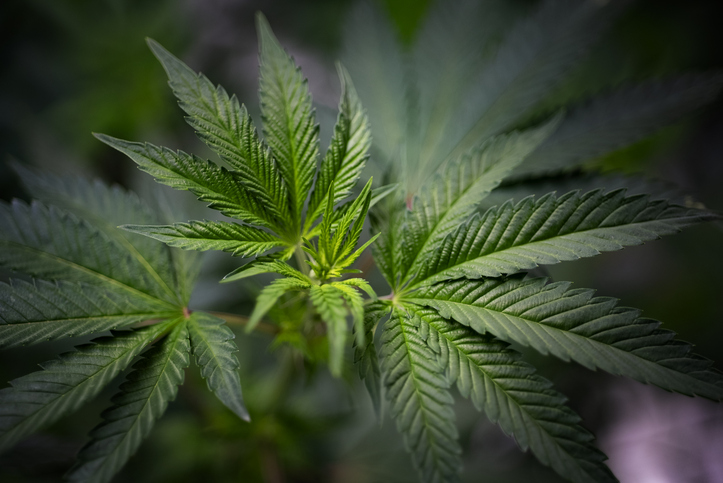Genes may play an important role in the problematic use of cannabis and could explain why some people are more vulnerable to addictive behaviors, a study has revealed.
The findings, in Molecular Psychiatry, revealed parts of the genome that relate to using cannabis in a way that affects the wellbeing of a person.
“While most people who try cannabis do not go on to develop cannabis use disorder, some studies estimate that nearly 30% will,” explained researcher Sandra Sanchez-Roige, PhD, associate professor of psychiatry at the University of California San Diego School of Medicine.
“Understanding the genetics of early-stage behaviors may help clarify who is at greater risk, opening the door to prevention and intervention strategies.”
The team studied data from 131,895 research participants in DNA testing company 23andMe who answered a question on whether they had ever used cannabis.
Of these, 73,374 answered a question on the number of days they used cannabis during their period of heaviest use, which provided a measure of the frequency.
Genome-wide association studies and other analyses were used to compare biological, genetic, and phenotypic associations.
Lifetime cannabis use was linked to two genetic loci, one near Cell Adhesion Molecule 2 (CADM2, rs35827242) and the other near Metabotropic Glutamate Receptor 3 (GRM3, rs12673181).
CADM2, which was also linked with the frequency of cannabis use, is associated with cell assembly and signaling in nerve cells, particularly those of the brain. It has previously been linked with traits such as impulsivity obesity and cancer metastasis.
GRM3 relates to communications between neurons and long-term brain plasticity. It has previously been associated with psychiatric conditions such as schizophrenia and bipolar disorder.
Lifetime and frequency of cannabis use were heritable and genetically correlated with substance use-related traits, including cannabis use disorder—a diagnosis in which its use affects intra- and interpersonal wellbeing.
Polygenic analysis of lifetime cannabis use showed positive associations with substance use and mood disorders as mentioned in previous studies, as well novel phenotypic associations with anxiety disorders, infectious diseases, and red blood cell biomarkers.
“We showed that the genetics of cannabis use—both trying it and using it more often—are tied to the genetics of other psychiatric traits, cognitive measures, and even physical health problems,” reported Sanchez-Roige.
Co-author Abraham Palmer, PhD, from the same institution, added: “We’ve known for decades that genetic factors influence whether or not people will try drugs, how frequently they use those drugs, and the risk that they will become addicted to them.
“Genetic tools like GWAS help us identify the molecular systems that connect cannabis use to brain function and behavior.”

